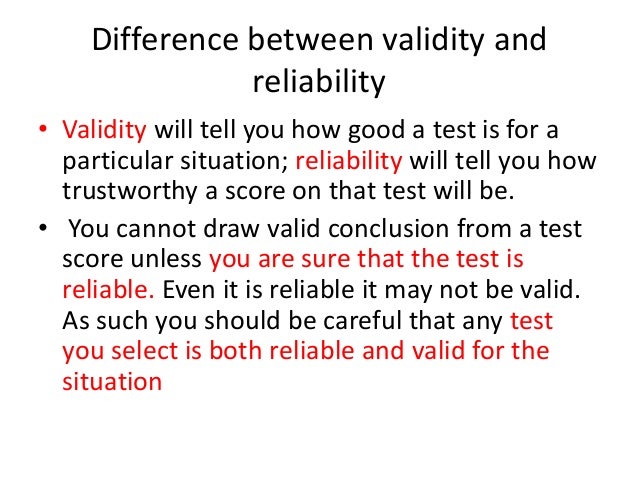

This will save you time, money, and the frustration of undergoing both tests since a colonoscopy is needed for high-risk patients. If you have a high risk of colorectal cancer, which includes: This may give patients a false sense that they are preventing colon cancer by taking the Cologuard test.

The majority of large precancerous polyps cannot be detected with Cologuard. If polyps are detected with Cologuard, a colonoscopy must be performed to remove them. When polyps are detected during a colonoscopy they are removed at the same time. Cologuard can only detect 42% of large polyps, while a colonoscopy can detect 95% of large polyps. The Cologuard test is designed to detect cancer not prevent it.

When polyps aren’t found and removed it increases the risk of developing colon cancer.

Unfortunately, the majority of large polyps go undetected with FIT and Cologuard tests. If polyps are found through FIT or a Cologuard test, a colonoscopy must be performed to remove the polyps. This eliminates the need for additional procedures or tests. If polyps are found during a colonoscopy, they are removed during the same single procedure. Fecal Immunochemical Test (FIT) – 24% of large polyps detectedĬolonoscopy is the gold standard for finding polyps.Stool DNA (Cologuard Test) – 42% of large polyps detected.Colonoscopy – 95% of large polyps detected.Types of Colorectal Cancer (CRC) Screeningīecause colon cancer begins as growths called polyps, finding and removing polyps is the best way to prevent colon cancer. Polyps are small lumps of tissue in the colon and rectum that may turn into cancer over time. For colon cancer, in particular, finding and removing polyps can actually prevent cancer from forming. The goal of screening is to provide early detection, reduce the risk of disease, and treat the condition more effectively. Screening tests are done to detect potential problems in people who do not have any symptoms of disease. Colon cancer is preventable, treatable, and beatable – but only with early and accurate detection.Īny colon cancer screening is better than no screening, but patients should know the pros and cons before making a final decision. It’s true, Cologuard offers benefits of comfort and convenience, but the Cologuard test is not recommended by GCSA physicians as a replacement for a colonoscopy.Ĭolon cancer claims over 50,000 lives every year and is the 2nd most common cause of cancer death in the US. FebruBrian Dooley The Truth About Cologuard TestsĬologuard spends millions advertising its colon cancer screening product, but it’s impossible for patients to get all the information they need in a TV commercial.


 0 kommentar(er)
0 kommentar(er)
